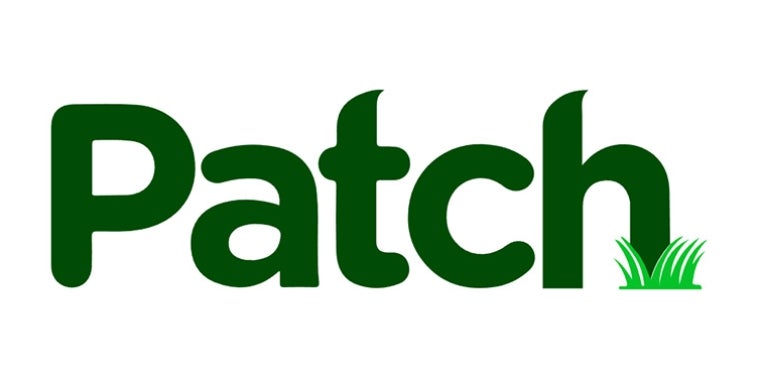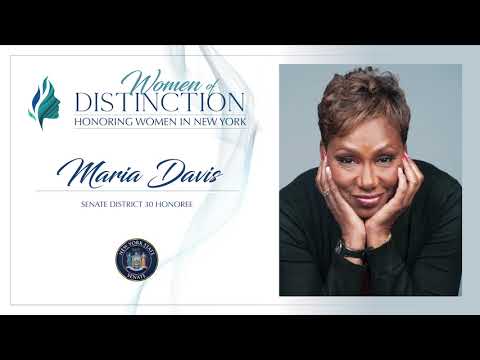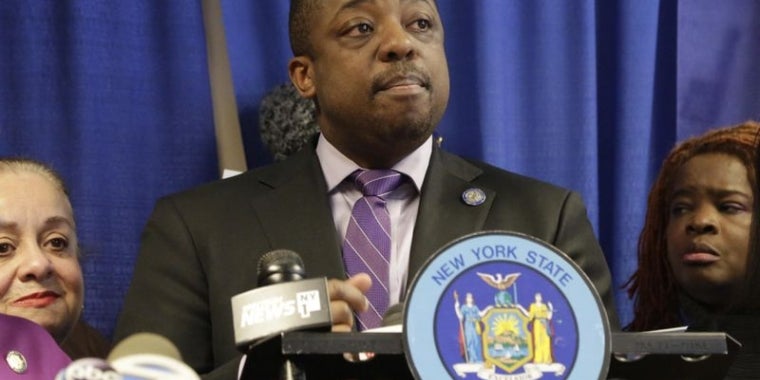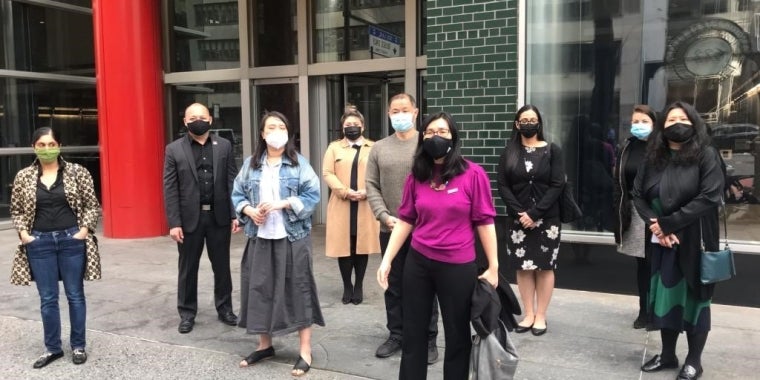
Liquor Stores Must Notify Community Before Opening: Harlem Sen.

HARLEM, NY — A Harlem lawmaker passed a bill this week that will require liquor stores and similar businesses that sell alcohol to be consumer off-premises to notify communities before opening for business.
State Senator Brian Benjamin's bill requires liquor stores to notify community members in a local newspaper and at a community board hearing in order to receive a liquor license, the 30th Senate District representative said. The legislation applies the same standards that bars and restaurants need to meet in order to obtain licenses to liquor stores.
Benjamin, who represents the majority of Central Harlem and parts of East Harlem, said on the senate floor that certain communities in New York are "over saturated" with liquor stores.
"There are certain communities where on every single block there is a liquor store and on some cases there's more than one on a block," Benjamin said. "All this bill is saying is that if you are looking to open a liquor store — before you are granted the right to do so — the community must be notified and have the chance to opine on the matter to the SLA and make their voices heard.
Benjamin added that as a father of a newborn girl he'd like to know where and when liquor stores open near his home and his daughter's school.
The bill has drawn universal praise from community boards representing Upper Manhattan. Benjamin cited support from Community Boards 7, 9, 10, 11 and 12 — which represent all of Manhattan above 60th street except for the Upper East Side — while announcing the bill's passage.
"This bill continues the shift of power to the people. When community boards are presented on locations of all wine and spirit selling establishments that are coming into the district, we are able to make a more informed decision on the necessity of these establishments, their best locations and the impact that they can have on our community. We are very encouraged to see this bill go through" Padmore John, chair of Community Board 9, said in a statement.
The bill passed in the State Senate by a vote of 42 in favor with only 19 opposed, according to the senate's website. One senator was excused from the vote. The bill was introduced in the New York State Assembly on Tuesday, where it will have to pass in order to the legislation to be sent to Gov. Andrew Cuomo for approval.



